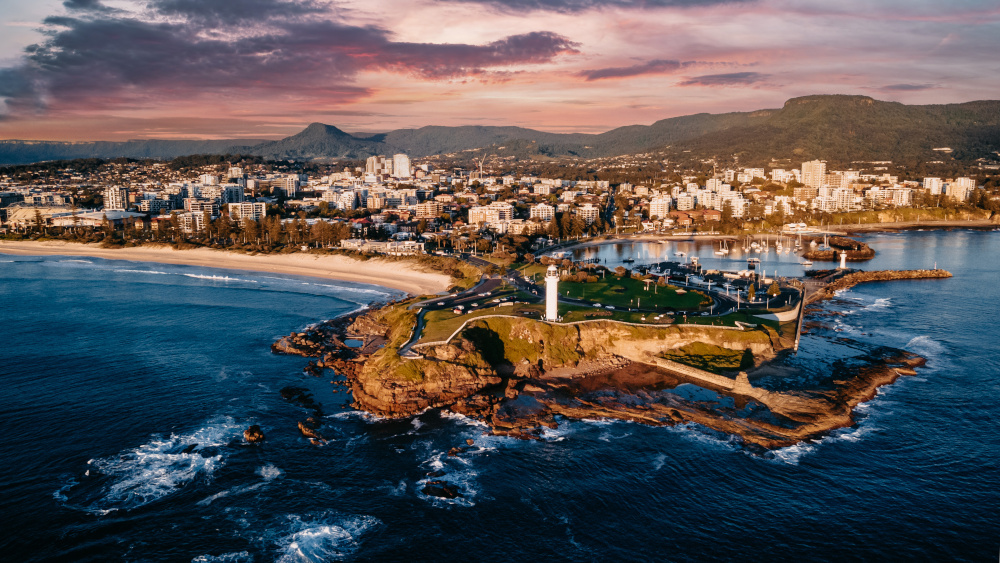Speaker
Description
A Bose-Einstein condensate (BEC) is an example of a macroscopic quantum state where many particles occupy the same state, making them useful for fundamental tests of quantum physics and quantum applications such as computing and sensing. Non-equilibrium BECs of exciton-polaritons, quasiparticles in semiconductors arising from the strong coupling between excitons (bound electron-hole pairs) and microcavity photons, can form at room temperature due to their small effective mass. They are promising for applications because they can be integrated onto semiconductor chips to form on-chip BEC devices, unlike traditional atomic BECs, which require complex cooling and vacuum systems.
As a hybrid light-matter system, polaritons harness many experimental advantages of both light-based and matter-based systems. Polaritons decay by emitting light that carries all the information about the system, making them highly accessible BEC systems. Additionally, the non-linear interactions between its excitonic components are predicted to give rise to many non-classical effects such as squeezing and non-Gaussian states. Despite this, experimental measurements show weak signatures of quantum effects and are restricted to cryogenic temperatures, raising questions regarding the applicability of polariton BECs for quantum technologies.
In this work, we aim to address this problem by performing a complete characterisation of the quantum state of polariton BECs. We leverage recent advancements in the field of quantum optics that have enabled highly precise measurements of the quantum state of optical fields to reconstruct the density matrix of the light emitted by a polariton BEC. While phase-averaged measurements have been performed, a complete reconstruction of the quantum state of polariton BECs remains an open problem. Our measurements will provide greater experimental insight into the compounding effects of experimental parameters on the behaviour of the system than achieved previously, setting a new benchmark for characterising the system and informing the direction for future experiments developing quantum polaritonic devices.

